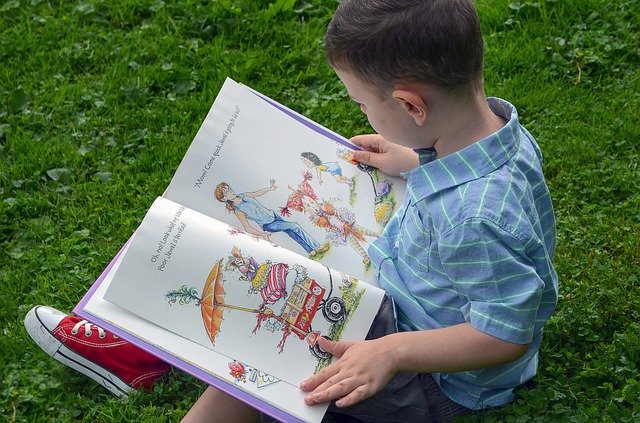
Applying for Accommodations at the College Level: Documentation
May 18, 2022
Develop Good Habits This Summer with Your Family
June 8, 2022





Research suggests that "wait and see" might not be the best approach to addressing a young child's reading issues.

While researching this topic I found a series of articles in The American Educator, Winter edition from 2020 – 2021, (https://www.aft.org/ae/winter2020-2021. Dr. Jack Fletcher, one of the authors, was a previous speaker for Springer School and Center’s “Distinguished Speaker” series. Drs. Fletcher and Sharon Vaughn reported on seven clinical trials of reading intervention using personalized explicit instruction in both the general education classroom and in remedial reading programs, for a large number of students in grades 1 through 6.
They reported that students receiving targeted reading instruction in First and Second grade general education classrooms were brought to grade level in one year. The same intervention used in grades 3 to 6 took more than a year to achieve reading scores at grade level.
Small group decoding instruction was 4 times more successful than whole group instruction. The most efficient progress will be made when Structured, Explicit Reading instruction is delivered in First and Second grade. Older students, who have not met reading benchmarks, will progress using evidence-based reading intervention, but skill development requires more time. Currently, the estimate is that 1 in 3 students in K through 3 need remedial reading instruction following the disruption in education during the last 2 year.
So bottom line, if you suspect your First or Second grader is not reading at grade level, don’t wait! Seek help right away! Where to get help? Talk to your child’s teacher. Ask if they can be included in small group instruction based on their below benchmark reading scores. If there is a private school for children with Learning Disabilities in your community contact them about tutoring or a summer program. For example, Springer School and Center has a summer program with daily reading instruction for students entering grades 1 through 5, https://www.springer-ld.org/summer/. Contact the local branch of the International Dyslexia Association to find other resources in your community (dyslexiaida.org).